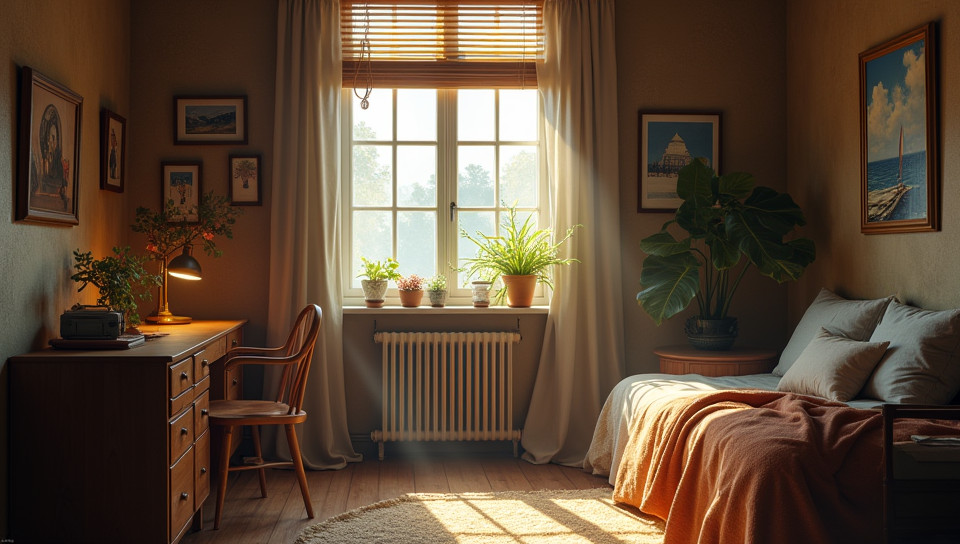Artificial light does not replace natural light 20%

The Hidden Dangers of Artificial Light
As we increasingly rely on artificial light sources to illuminate our homes, workplaces, and daily lives, it's easy to overlook the importance of natural light. We may think that LED bulbs or energy-efficient lamps can provide us with all the illumination we need, but the truth is, artificial light can never fully replace the benefits of natural light.
The Science Behind Natural Light
Natural light is more than just a source of illumination; it's also a powerful force that affects our mood, circadian rhythms, and overall well-being. When we're exposed to natural light, our bodies produce serotonin, a hormone that regulates our sleep-wake cycles, appetite, and energy levels. Artificial light, on the other hand, can suppress the production of serotonin and disrupt our natural sleep patterns.
The Risks of Prolonged Artificial Light Exposure
- Increased risk of eye strain and fatigue
- Disrupted circadian rhythms and sleep patterns
- Weakened immune system
- Decreased productivity and focus
- Negative impact on mental health and mood
Why Can't Artificial Light Replace Natural Light?
While artificial light has made tremendous strides in recent years, it still can't replicate the unique properties of natural light. Here are just a few reasons why:
- Artificial light lacks the full spectrum of natural light, which includes ultraviolet and infrared rays that are essential for our health.
- Artificial light is often too intense or harsh, causing eye strain and discomfort.
- Artificial light can't adapt to changing environments, such as daylight hours and weather conditions.
Conclusion
The next time you reach for the light switch, remember that artificial light is not a substitute for natural light. By making conscious choices about how we use light in our daily lives, we can improve our health, productivity, and overall well-being. So go ahead, open those curtains, and let the sunshine in – your body (and mind) will thank you!
- Created by: Xīnyí Wong
- Created at: Oct. 13, 2024, 10:01 p.m.
- ID: 12529








